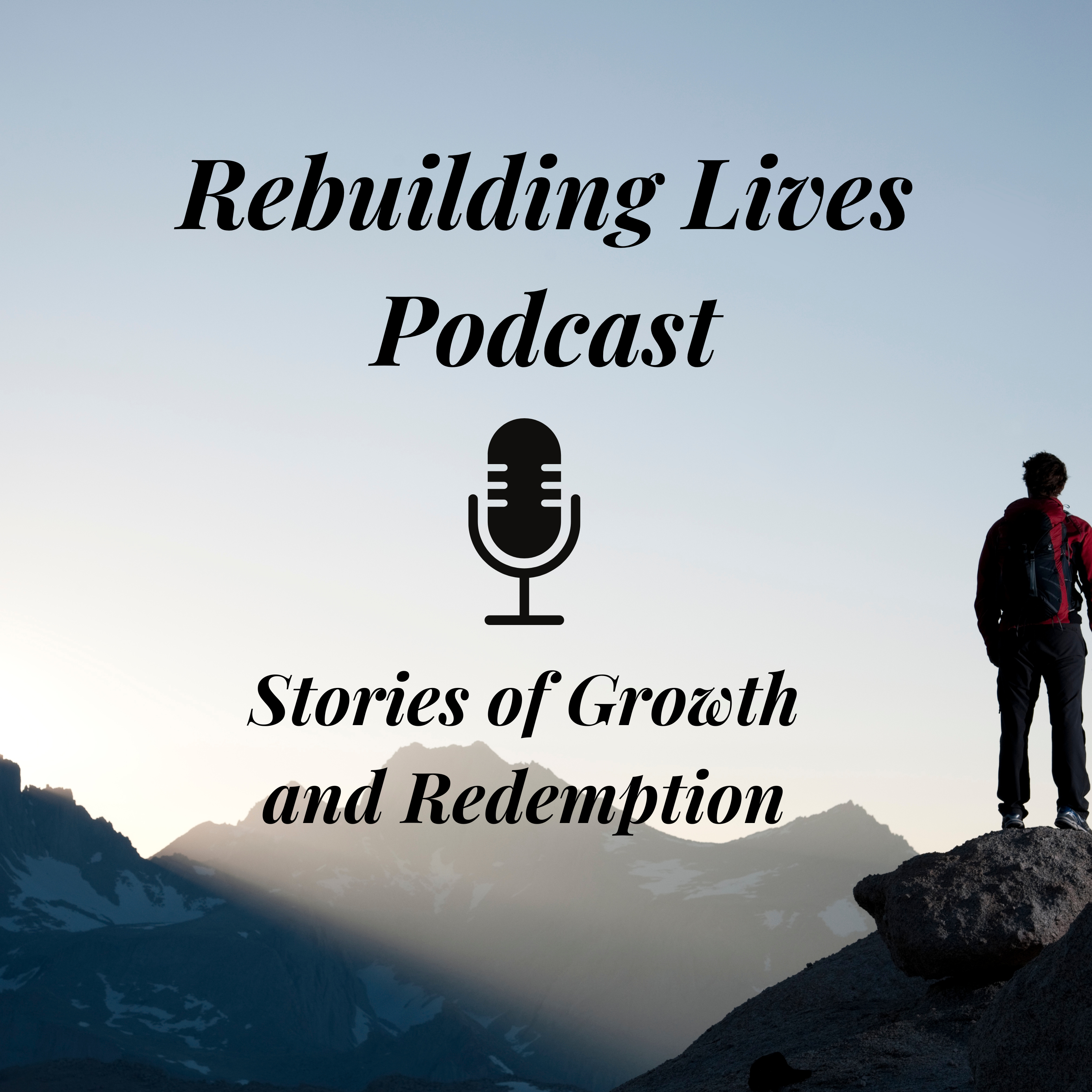For anyone rebuilding a life after addiction or incarceration, the world often appears to be a minefield of potential triggers. These aren't just minor annoyances; they are powerful sensory and emotional cues, potent reminders that can, in a flash, yank you back into old patterns of thinking and behavior, often without conscious thought or control. Understanding precisely what triggers are, how they operate within the mind and body, and developing a robust, proactive plan to effectively manage them is not merely a helpful strategy or an optional step; it is, in fact, a fundamental and indispensable pillar of lasting recovery. It’s the intricate art of learning to carefully navigate this metaphorical minefield, moving forward day by day, without setting off an explosion that could undo all the hard-won progress.

Conflict touches every aspect of our lives, from boardroom disagreements to family dinner table debates. Rather than viewing these moments as obstacles, successful individuals...

Every year, approximately 650,000 people return to their communities from correctional facilities across the United States. This moment marks the beginning of a challenging...

Today we are looking at Managing Mental Health in Recovery. For six months after his release from prison, David felt like he was living...